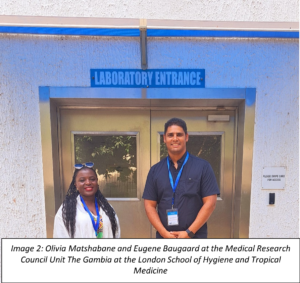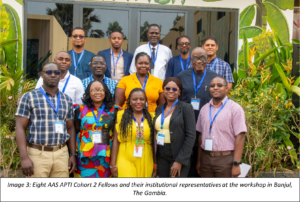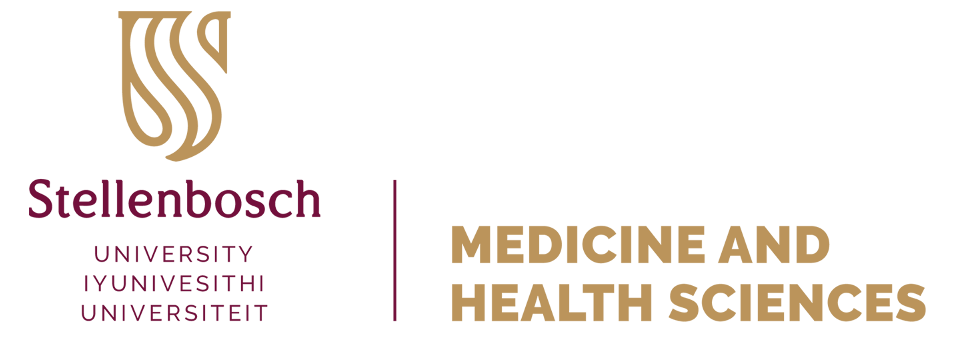
Dr. Olivia Matshabane, a neuroethics researcher in the South African Medical Research Council (SA MRC) Genomics of Brain Disorders Unit in the Department of Psychiatry at Stellenbosch University was awarded a R4.1-million seed grant from the African Academy of Sciences (AAS) and the Bill and Melinda Gates Foundation (BMGF) in January 2024. The award will be used to support her study that aims to contribute to the development of Africa-specific neuroethics guidelines for neuroscience in Africa. The study is a collaborative project involving researchers in South Africa, Kenya, and the United States of America.
Prior to kickstarting the research, Dr. Matshabane attended an inception workshop hosted by the AAS’s African Postdoctoral Training Initiative (APTI) programme staff and the Medical Research Council (MRC) Unit The Gambia at the London School of Hygiene & Tropical Medicine in Banjul, The Gambia. The workshop ran from the 31st of January to the 2nd of February 2024 and included eight grant recipients in the cohort, all of whom are early-career African scientists from six African countries. The meeting aimed to provide the recipients with the necessary skills to advocate for increased research and innovation in Africa. The workshop also provided a platform for knowledge exchange and encouraged intra-Africa research collaboration. The early-career scientists received training in monitoring evaluation protocols, good financial grant practice, research management, and research ethics. At the meeting, Dr. Matshabane presented her project, titled: “Using a ModifiedDeliberative Delphi Approach to Establish Contextually and Culturally Relevant Neuro-ethical Considerations for African Neuroscience”.

Stellenbosch University’s Faculty of Medicine and Health Sciences (FMHS) Research Manager, Mr. Eugene Baugaard, was also in attendance. Mr. Baugaard represented the university during discussions and engaged with the funders and other awardees’ institutional representatives on grant practices, management, monitoring, and evaluation.
Dr. Matshabane says, “I have been extremely encouraged by the support from the project mentor, Prof. Soraya Seedat and other colleagues in the Department of Psychiatry, the FMHS grants management office, the funders, and all the collaborators on the project. This is an exciting and important time to advance the field of neuroethics alongside neuroscience in Africa. What excites me most is that with the funding we are supporting a stellar MSc (Neuroscience) student to conduct research on neuroethics in Africa, are employing a research assistant, and we will hold several community engagement events on neuroscience and neuroethics in Africa. The intention is to build capacity and create awareness on neuroscience and the related neurotechnologies, as well as the ethical considerations on their use in the continent.”
Commenting on the workshop, Dr Peggy Oti-Boateng, Executive Director at the African Academy of Sciences, said: “This workshop provides a platform for these brilliant young researchers to network and create partnerships to advance science on the continent.”

The AAS APTI programme targets training 30 African fellows between 2018 and 2024 with the goal of enhancing the capacity of these selected fellows as scientific leaders in global health. For this programme, the AAS has partnered with the U.S. National Institutes of Health (NIH), the Bill & Melinda Gates Foundation (BMGF), and the African Research Excellence Fund (AREF) to strengthen African scientific leadership and advance health and development goals on the continent.
Full press release from the AAS on fellows’ inception meeting is available here: News| AAS Fellow (aasciences.africa)
